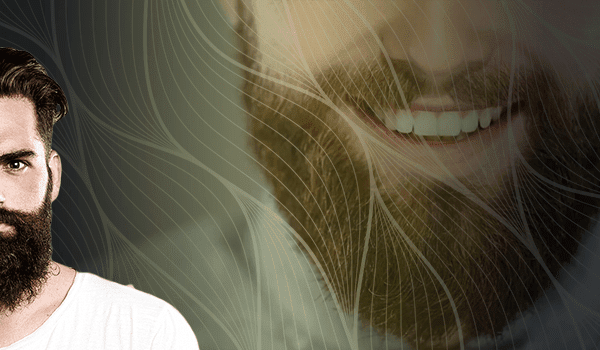

PATIENTS
HAIR TRANSPLANT
AESTHETIC SURGERY
COUNTRY







Face Aesthetic
It is used in areas such as nose, lips, around the eyes and ears to soften the expression lines on the face and define facial features. It increases the natural beauty of the person and gives a confident image.
Breast Aesthetic
It is used to help the person achieve the desired breast size and shape. Care is taken to achieve natural looking and attractive results. Aslı tarcan clinic Istanbul, Turkey breast aesthetic surgery.
Body Aesthetic
It is used to eliminate the deterioration or aesthetic concerns that occur over time in different parts of the body. The primary goal is to give the person an aesthetic appearance in subheadings such as tummy tuck and fat filling.
Genital Aesthetic
It is a set of procedures aimed at removing genital deformation. While old age or previous wrong operations may cause these deformities, genital aesthetics is also related to the special preferences of the people.


























































